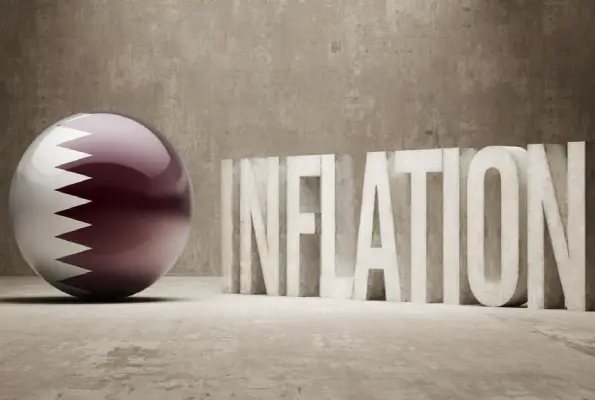Official data has shown that a drop in food and beverage prices led to a 1.4% decrease in Qatar’s inflation in March as compared to the previous month.
The country’s Planning and Statistics Authority released a report that states that the consumer price index was 106.67 points in March. Food and beverage expenses fell by 4.74% in March compared to February.
Additionally, recreation and culture costs saw a drop of 5.58% during the same period. Similarly, costs for restaurants and hotels, along with furniture and household equipment, decreased by 1.92% and 0.34%, respectively, in March compared to the previous month.
In March, the cost of clothing and footwear rose by 1.88%, while transportation expenses increased by 0.23%. Healthcare and communication costs remained unchanged during this period, as per the data. However, the Gulf country’s consumer price index rose by 0.98% year-on-year in March compared to the same month of the previous year.
The increase in prices was mainly driven by recreation and culture (8.48%), communication (3.84%), education (3.48%), food and beverages (2.73%), furniture and household equipment (1.28%), and miscellaneous goods and services (0.83%). During the same period, there was a year-on-year decrease in the prices of clothing and footwear, followed by housing, water, electricity, and other fuel.
According to the International Monetary Fund (IMF), Qatar’s economy is expected to stabilise soon after an impressive surge in 2022, which was attributed to hosting the FIFA World Cup.
The IMF has predicted a 1.9% growth in the country’s gross domestic product for 2024.
The IMF has highlighted Qatar’s resilience to recent global disturbances and stated that the country’s economic prospects are promising.
Additionally, the organisation has emphasised that the Hamas-Israel conflict has not had any discernible impact on Qatar.
“Risks are broadly balanced. Maintaining prudent macroeconomic policy and intensifying reform efforts will support Qatar’s resilience to shocks and accelerate its economic transformation,” the IMF concluded.



